Week 12: Self-Assessment and Peer Assessment
LOC 12: Give examples of a variety of assessments including self-assessment and peer assessment
Learning Objectives
By the end of this week, participants will be able to:
- 12.1 – Define self-assessment and peer assessment
- 12.2 – Explore and interpret the difference between self-assessment and peer assessment
- 12.3 – Recognize a variety of assessments
Materials Needed This Week
Here is a list of materials you will need while completing this week:
- Writing utensils
- Highlighters
- Ruler
- Sticky Notes
- Dictionary/Glossary booklet
- Handwritten Wisdom Journal
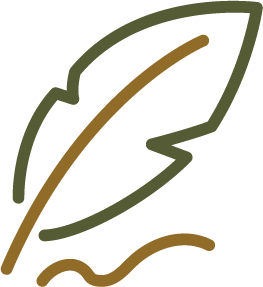
- Blank paper
- Computer/laptop
Key Terms
Add these key terms to your personal dictionary/glossary booklet. These important key terms will be used throughout module 3, week 12. If there is no link attached to the definition, be assured that the term will be defined throughout the week. We encourage you to further investigate the definitions in order to expand your knowledge.
- Self-assessment
- Peer assessment
 Questions to Consider
Questions to Consider
1. How can you involve your adult students in their assessment process?
2. How can you involve all students in your classroom in the assessment process?
3. What is your role in matching assessments to your students individually and to the classroom as a whole?

“Assessment is about teachers and not about students.” — Deepa Bhushan
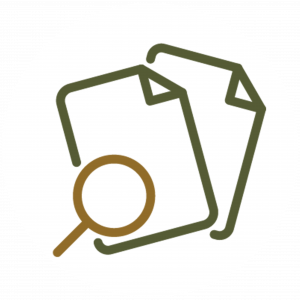 Review
Review
Consult the following resources and interpret the necessary information with your preferred method of note-taking.
Video: Module 3: Self Assessment (6:27)
Click here for a video transcript in .docx format: Video Transcript
Video: Module 3: Peer Assessment (7:14)
Click here for a video transcript in .docx format: Video Transcript
Video: Empowering Students to Own the Assessment Process (3:52)
Click here for a video transcript in .docx format: Video Transcript
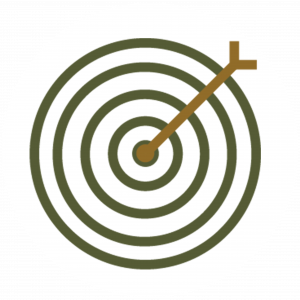 Identify
Identify
Consult the following resources below to locate the important information on this week’s topic.
Queen’s University: Examples of Innovative Assessments (module)
Click the following link to download the PDF to consult an article on assessing adult literacy by telephone.
Sage Journals: Assessing Adult Literacy by Telephone (PDF)
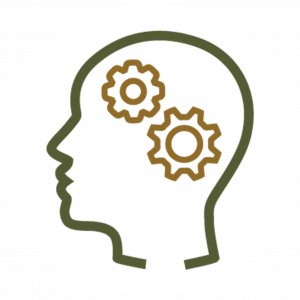 Develop
Develop
Consult the following materials.
Video: Assessment in Education: Top 14 Examples (4:21)
Click here for a video transcript in .docx format: Video Transcript
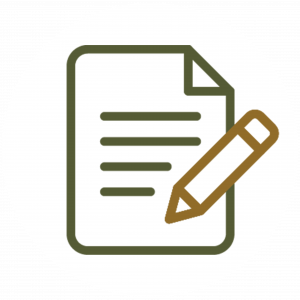 Apply
Apply
Activity
Test your knowledge on the 14 examples for assessments in education.
 Take Away Toolbox
Take Away Toolbox
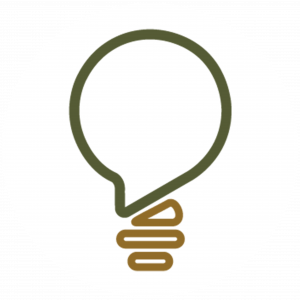 Reflect
Reflect
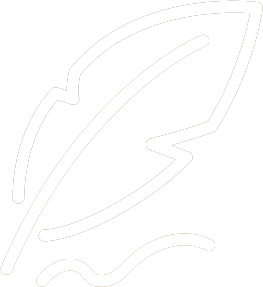 Handwritten Wisdom Journal
Handwritten Wisdom Journal
A Wisdom Writing Journal is a way to notarize your learning journey throughout the weeks during all the modules in this course. It will also permit you to demonstrate that no technology is required to focus on reflective practice. There is a variety of writing journal tools that you can choose from that require technology, however, throughout this course, it is important that you experience and model a no-technology required method in order to relate to those students that have limited or no access to technology.
Take advantage of jotting down your thoughts, frustrations, joys, aha moments, and new information acquired as the result of your hard work. Critical reflection time required at the end of each week will be a culminating result of YOUR own personal Learning Narrative.
Using your own personal writing journal, write an entry for this week’s prompts:
- How many assessments do you use in your teaching practice?
- Do you always use the same assessments?
- Would you use any of the 14 mentioned assessments? Why or why not?
- Based on the information that you have learned this week, how would you review, identify, develop, apply, and reflect?
Note: Be sure to justify each of your answers or comments.
Optional Resources
These resources are not required to be viewed; however, they give further information on this week’s topics:

